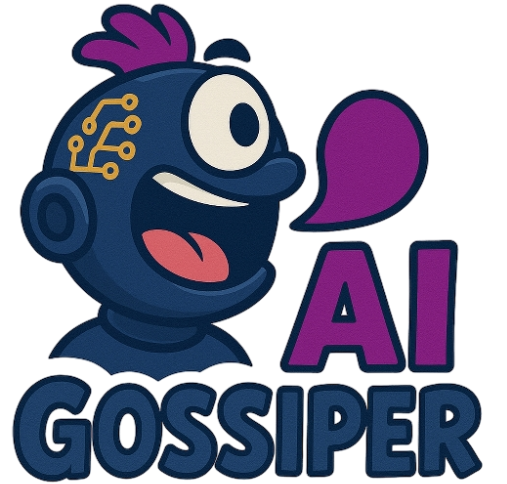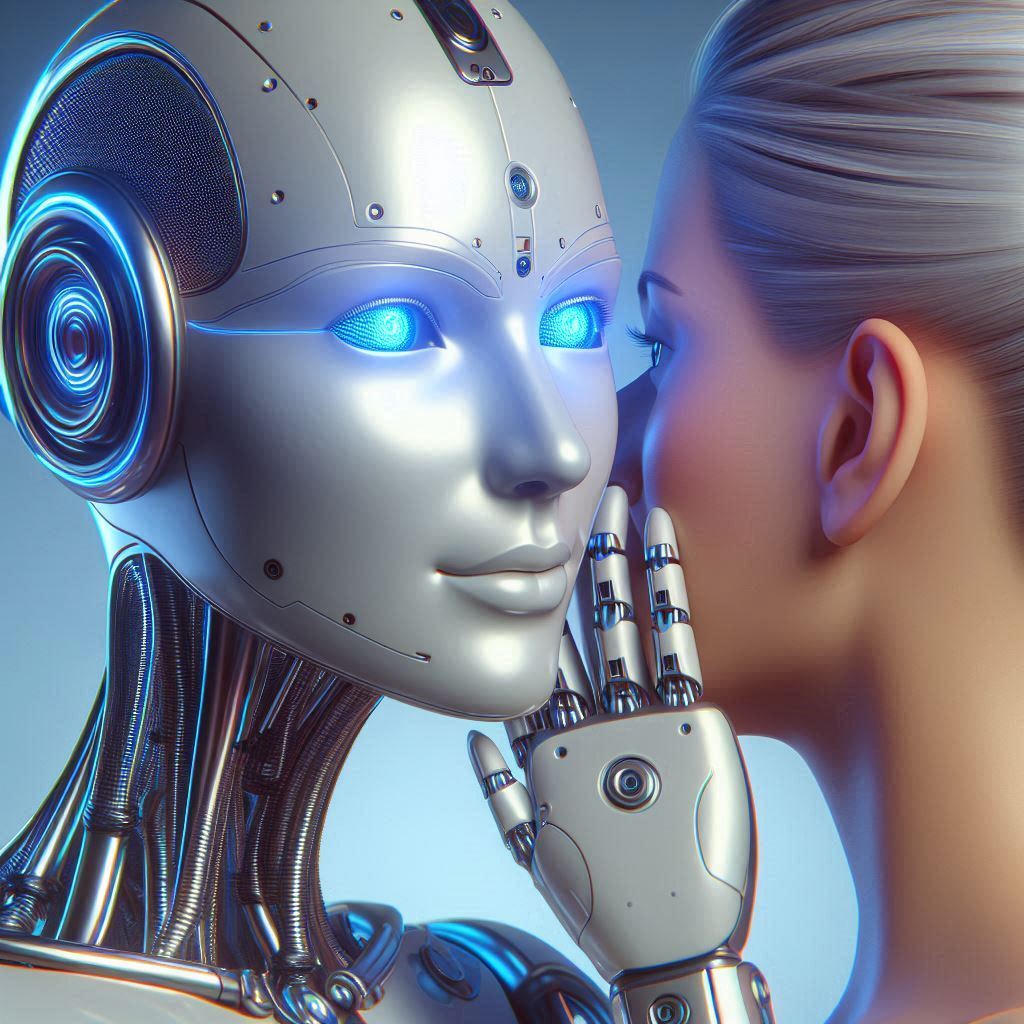
Artificial Intelligence (AI) is transforming healthcare at an unprecedented pace, reshaping how medical professionals diagnose, treat, and manage diseases while empowering individuals to take control of their personalized health. In 2025, AI’s integration into healthcare systems is not only enhancing clinical outcomes but also streamlining administrative workflows and enabling predictive, preventive care tailored to each patient’s unique profile.
AI-Powered Diagnostics: Faster, More Accurate, and Early Detection
One of the most significant breakthroughs AI offers is in medical diagnostics. Advanced AI algorithms now analyze medical imaging—such as MRI, CT scans, and X-rays—with accuracy rates surpassing human experts. For instance, AI systems at leading institutions have demonstrated up to 98% accuracy in detecting lung nodules and breast cancer, outperforming radiologists in sensitivity and speed. This capability allows for earlier disease detection, often before symptoms manifest, which is crucial for conditions like Alzheimer’s, diabetes, and epilepsy. Early diagnosis leads to timely interventions, improving patient prognosis and reducing healthcare costs.
Personalized Treatment Plans: Precision Medicine at Scale
AI’s ability to analyze vast amounts of genetic, clinical, and lifestyle data enables the creation of highly personalized treatment regimens. Tools like IBM Watson exemplify this by integrating genetic information with patient history to recommend therapies tailored specifically to the individual’s condition, achieving treatment matches with 99% accuracy. This shift from one-size-fits-all to precision medicine minimizes adverse effects, optimizes drug efficacy, and enhances patient satisfaction.
Enhancing Patient Support and Wellness Management
Beyond hospitals and clinics, AI-driven digital health assistants provide 24/7 support, answering patient queries, monitoring health metrics, and facilitating medication adherence. These virtual assistants improve patient engagement and satisfaction by offering immediate access to health information and personalized recommendations. Moreover, AI-powered wellness technologies are emerging to complement medical care by enhancing cognitive and mental health.
A notable innovation in this space is The Genius Wave, an audio-based brainwave entrainment program developed by neuroscientist Dr. James Rivers, who has a background with NASA. This program uses a sophisticated blend of binaural beats and isochronic tones to guide the brain into a theta wave state, promoting enhanced cognitive performance, creativity, and mental clarity. By leveraging sound technology to synchronize brain activity, The Genius Wave offers a cutting-edge approach to personalized mental wellness, perfectly aligning with the AI-driven trend of individualized health management.
Streamlining Healthcare Operations and Addressing Workforce Shortages
AI is also revolutionizing healthcare administration by automating routine tasks such as documentation, scheduling, and lab management. Hospitals implementing AI-driven automation report significant time savings—up to 66 minutes per provider daily—and reduced workflow errors by 40%, allowing clinicians to focus more on patient care. This efficiency is critical given the global shortage of healthcare workers, projected to reach 11 million by 2030. AI-powered tools help alleviate this burden by supporting decision-making and managing operational workflows.
Predictive Analytics: Preventing Disease Before It Strikes
Perhaps one of AI’s most promising applications is in predictive analytics. By analyzing patterns in patient data, AI models can identify individuals at high risk for diseases years before clinical symptoms appear. For example, AI tools have been developed to predict the progression of diseases like Alzheimer’s, chronic obstructive pulmonary disease, and kidney disease with high confidence. This capability enables proactive interventions, lifestyle modifications, and monitoring strategies that can delay or prevent disease onset, ultimately improving population health outcomes.
The Future of AI in Healthcare and Wellness
The ongoing integration of AI technologies in healthcare heralds a future where medicine is more precise, efficient, and personalized. Challenges remain, including data privacy, technology adoption disparities, and the need for skilled professionals to manage AI systems. However, the synergy of AI and human expertise promises a healthcare ecosystem that delivers faster diagnoses, tailored treatments, and holistic wellness solutions.
For individuals seeking to enhance their cognitive health and mental clarity as part of their personalized wellness journey, exploring innovative tools like The Genius Wave can be a valuable complement to traditional healthcare approaches.
In conclusion, AI is not just a technological advancement but a catalyst for a healthcare revolution—empowering providers and patients alike to achieve better health outcomes through smarter, more personalized care and wellness management.
Explore the power of brainwave entrainment for your mental wellness with The Genius Wave, a scientifically developed audio program designed to unlock your cognitive potential.

